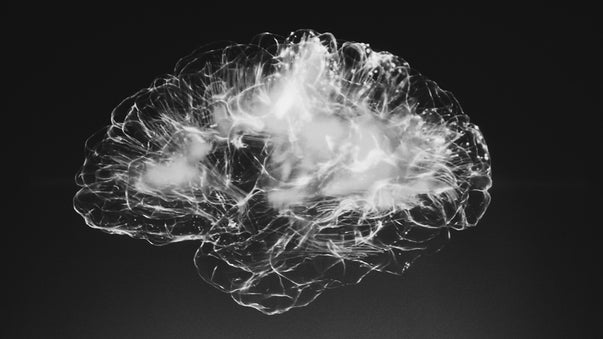Age-Related Memory Loss Reversed

Scientists at University of Cambridge and University of Leeds have reversed age-related memory loss in mice. According to the scientists, this discovery could lead to the development of treatments to prevent memory loss in people as they age.
"We saw remarkable results when we treated the aging mice with this treatment,” says Jessica Kwok in a press release issued by University of Leeds. “The memory and ability to learn were restored to levels they would not have seen since they were much younger."
A study is published in Molecular Psychiatry. In it, the scientists investigate the factors responsible for the loss of memory that comes with aging. And they show that it is possible to reverse aging-related loss of memory in laboratory mice using genetic treatments.
Perineuronal nets (PNNs) are cartilage-like scaffolding structures that surround neurons in the brain. PNNs contain compounds known as chondroitin sulphates. They play important roles in neuroplasticity, which is the ability of the brain to learn and adapt.
Some PNNs, such as chondroitin 4-sulphate, inhibit neuroplasticity. Others, such as chondroitin 6-sulphate, promote neuroplasticity. As we age, the balance of these compounds changes. And, as levels of chondroitin 6-sulphate decrease, so our ability to learn and form new memories changes, leading to age-related memory decline.
The scientists experimented with aging mice. They treated the mice using a virus capable of boosting the levels of 6-sulphate chondroitin sulphates. This completely restored memory in the aging mice, to a level similar to that seen in younger mice.
Young mice had been genetically-manipulated such that they were only able to produce low levels of chondroitin 6-sulphate. They showed signs of premature memory loss. But increasing levels of chondroitin 6-sulphate, using the virus, restored their memory and neuroplasticity.
“What is exciting about this is that although our study was only in mice, the same mechanism should operate in humans - the molecules and structures in the human brain are the same as those in rodents,” says James Fawcett in a press release issued by University of Cambridge. “This suggests that it may be possible to prevent humans from developing memory loss in old age."
The scientists have identified a potential drug, already licensed for human use. It could help human patients with memory problems, including older adults suffering from Alzheimer’s disease. The scientists are investigating the effects of this drug in laboratory animal models of Alzheimer's disease.
More Articles
Don't miss a beat! In our Pulse Newsletter, Thrivous curates the most important news on health science and human enhancement, so you can stay informed without wasting time on hype and trivia. It's part of the free Thrivous newsletter. Subscribe now to receive email about human enhancement, nootropics, and geroprotectors, as well as company news and deals.
Read more articles at Thrivous, the human enhancement company. You can browse recent articles in Thrivous Views. See other Pulse Newsletter articles. Or check out an article below.
-
Melatonin Enhances Exercise Recovery
A team of scientists from Tunisia and France investigated whether melatonin ingestion has positive effects against exercise induced oxidative stress ...
-
Artificial Intelligence Turns Brain Activity into Speech
Researchers at UC San Francisco have developed a speech neuroprosthesis. It has enabled a man with severe paralysis to communicate ...


